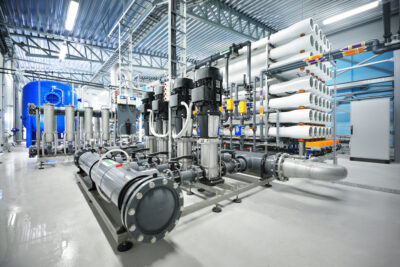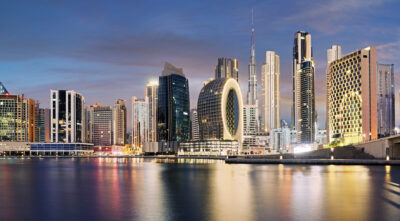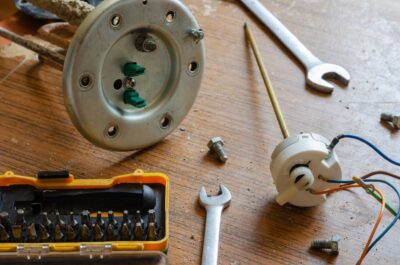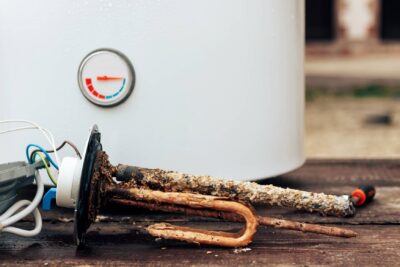What is Swimming Pool Filter Systems?
A swimming pool is a source of enjoyment, relaxation, and exercise, but keeping the water clean and safe requires a reliable filtration system. The pool filter system is a critical component that ensures your pool water remains clear, free of debris, and safe for swimming. Without a properly functioning filter, a pool can quickly become contaminated with dirt, algae, and bacteria, leading to cloudy water and potential health hazards. In this article, we will explore the different types of swimming pool filter systems, how they work, and tips for maintaining them to keep your pool in pristine condition.
Types of Swimming Pool Filter Systems
There are three primary types of swimming pool filter systems: sand filters, cartridge filters, and diatomaceous earth (DE) filters. Each type has its advantages and is suited to different needs and preferences.
- Sand Filters
- How They Work: Sand filters are the most common type of pool filter. They operate by passing pool water through a tank filled with sand, which traps particles and debris as small as 20-40 microns. Clean water then returns to the pool while the trapped contaminants remain in the sand.
- Maintenance: Sand filters require backwashing to clean out the trapped debris. This involves reversing the water flow to flush out the contaminants from the sand. Backwashing should be done when the pressure gauge on the filter indicates a rise in pressure, typically every few weeks.
- Pros and Cons: Sand filters are durable, easy to use, and relatively low maintenance. However, they are less effective at capturing smaller particles compared to cartridge and DE filters.
- Cartridge Filters
- How They Work: Cartridge filters use a pleated filter cartridge made of polyester or other synthetic materials to trap particles as small as 10-15 microns. Water passes through the cartridge, where dirt and debris are captured on the surface, and clean water flows back into the pool.
- Maintenance: Cartridge filters require regular cleaning, which involves removing the cartridge and hosing it down to remove debris. Depending on usage, cartridges may need to be replaced every 1-2 years.
- Pros and Cons: Cartridge filters are more efficient at capturing small particles than sand filters, require less water for cleaning, and do not need backwashing. However, they require more frequent cleaning and have a higher upfront cost.
- Diatomaceous Earth (DE) Filters
- How They Work: DE filters offer the highest level of filtration by using a fine powder made from fossilized diatoms (microscopic algae) to coat a grid or series of grids inside the filter. These filters can capture particles as small as 2-5 microns, providing the cleanest water possible.
- Maintenance: Like sand filters, DE filters require backwashing to clean the filter. Additionally, after each backwash, new DE powder must be added to the filter to replace what was lost. The grids should also be cleaned periodically.
- Pros and Cons: DE filters provide the best filtration, keeping your pool water exceptionally clear. However, they are more complex to maintain, require more attention, and have higher operating costs due to the need for regular DE powder replacement.
Choosing the Right Filter System for Your Pool
Selecting the right pool filter system depends on various factors, including the size of your pool, the type of debris it collects, your maintenance preferences, and your budget.
- Pool Size: Larger pools may benefit from the efficiency of DE filters, while smaller pools might be adequately served by sand or cartridge filters.
- Debris Type: If your pool is located in an area with a lot of fine dust or pollen, a DE or cartridge filter might be better suited due to their ability to capture smaller particles.
- Maintenance Preferences: For those looking for a low-maintenance option, sand filters are a good choice. However, if you prioritize water clarity and are willing to invest more time in maintenance, a DE filter may be ideal.
- Budget: Cartridge filters are often a middle-ground option in terms of cost and performance, making them a popular choice for many pool owners.
Maintaining Your Swimming Pool Filter System
Regular maintenance is essential for keeping your pool filter system working efficiently and ensuring clean, safe water.
- Monitor the Pressure Gauge: The pressure gauge on your filter is a key indicator of when it’s time to clean or backwash your filter. An increase in pressure typically means that the filter is clogged with debris and needs attention.
- Backwash Regularly: For sand and DE filters, backwashing is necessary to remove trapped debris. Follow the manufacturer’s guidelines on how often to backwash and how to do it properly.
- Clean or Replace Cartridges: Cartridge filters require the cartridges to be cleaned regularly and replaced when they become too worn. Cleaning involves removing the cartridge and hosing it down to remove dirt and debris.
- Inspect and Replace Filter Media: For sand filters, the sand typically needs to be replaced every 3-5 years, as it becomes less effective at trapping debris over time. DE filters require regular addition of DE powder, especially after backwashing.
- Check for Leaks and Damage: Regularly inspect your filter system for any signs of leaks, cracks, or damage. Addressing issues early can prevent more significant problems and extend the life of your filter system.
A swimming pool filter system is crucial for maintaining clean and safe water in your pool. Understanding the different types of filters—sand, cartridge, and DE—helps you choose the right system for your needs. With regular maintenance, including monitoring the pressure gauge, backwashing, cleaning cartridges, and inspecting for damage, you can keep your pool filter system running efficiently and enjoy crystal-clear water all season long. Investing in a good filter system and taking care of it ensures that your swimming pool remains a healthy and enjoyable place for you and your family.







